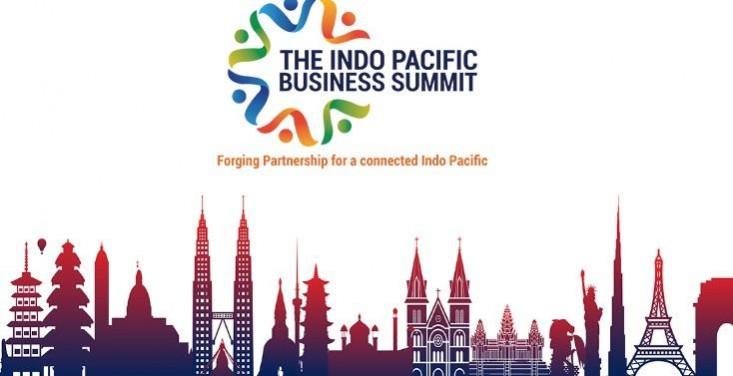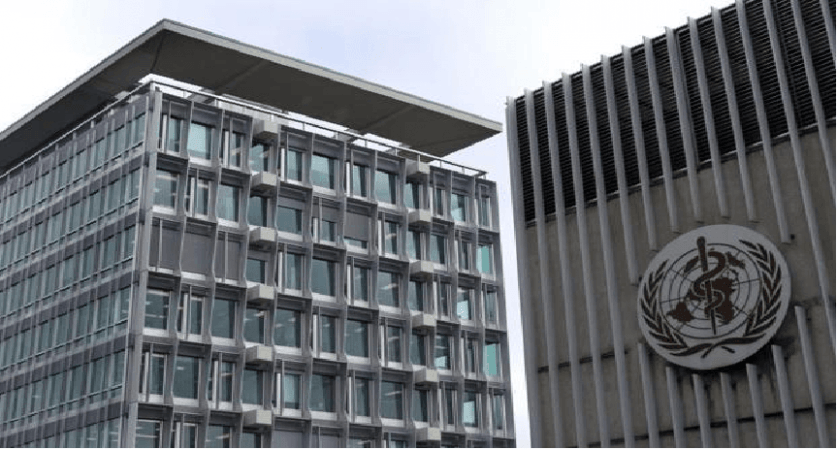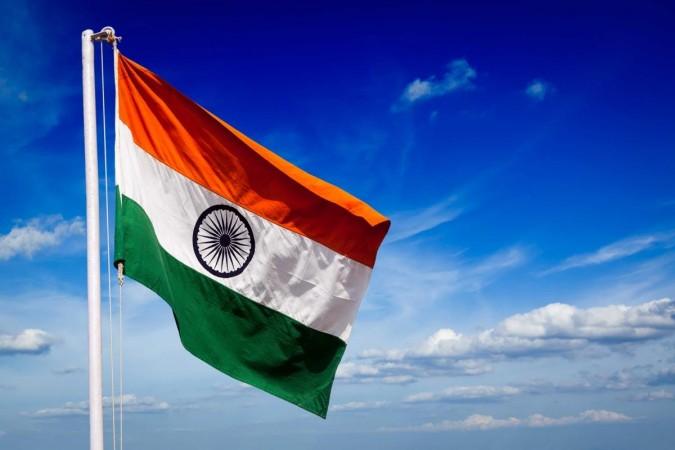The 21st century, being described as the "Century of Asia", has seen emergence of several regional trading groups.
The recently launched Indo-Pacific Economic Framework (IPEF) marks the beginning of a new phase of economic cooperation and integration in the region juxtaposed against China's ambitious Belt and Road Initiative (BRI) and Regional Comprehensive Economic Partnership (RCEP) led by it.
It is also being seen as US' initiative parallel to Comprehensive and Progressive Trans Pacific Partnership (CPTPP/TPP) so as to restore its engagement and control over the Indo-Pacific region which the previous US regime yielded to China by deciding to exit the TPP/CPTPP five years ago.
The question as to why the region needs a new group IPEF, can only be understood in the context of change in US foreign policy amid China's strategic manoeuvres especially the tools of economic diplomacy through the BRI and RCEP besides increased assertiveness in the South China Sea.
There are genuine concerns regarding China's rise to power with regional and global implications.
US President Joe Biden launched IPEF initiative on May 23, 2022 with 13 countries signing up, including the US, India, Japan and South Korea.

The Biden administration claimed that the launch of the IPEF demonstrated US economic engagement in Asia, including greater cooperation on a wide spectrum of issues such as the supply chain, clean energy and worker protection.
The White House in its statement on IPEF revealed that the signatories of the initiative include -- the US, Australia, Brunei, Daressalam, India, Indonesia, Japan, Republic of Korea, Malaysia, New Zealand, Philippines, Singapore, Thailand and Vietnam, all important nations of the Indo-Pacific region.
The statement noted that "we share a commitment to a free, open, fair, inclusive, interconnected, resilient, secure and prosperous Indo-Pacific region" that has "potential to achieve sustainable and inclusive economic growth".
This may be seen as US' initiative under President Joe Biden to create an alternative mechanism for its "Pivot to Asia", the first such effort after former US President, Trump, exited the Trans-Pacific Partnership Agreement in 2015.

Trump's go alone policy is supposed to have weakened the expediency of America's foreign policy. According to Foreign Affairs Journal, Biden has broken with his predecessor's "go-it-alone approach" to foreign policy. The creation of IPEF is a logical continuum of President Biden's moves to return to multilateralism, lest rising powers like China usurp the vacuum at the cost of US' power to influence the new world order.
The US is once again a member of the World Health Organisation and has rejoined the Paris agreement on Climate Change.
Another milestone
IPEF is another milestone in the same direction. US exit from TPP is now seen as a foreign policy mistake.
According to an article by Cato Institute, "amidst such (TPP/CPTPP) trade integration, the United States has largely been left on the outside looking in" and it means the country has "foregone the TPP's projected benefits", particularly its control over "shaping the rules governing trade in Asia- Pacific region".
January 2022 marked five years since Donald Trump decided to exit the TPP. Now there is a prevailing sense in the White House that US losses from its TPP withdrawal have not just been economic but geopolitical as one of its purported goals was to "counter China's influence" in the region.
In fact, US leaders have a realisation that US withdrawal from TPP placed it on the back foot on trade. The IPEF would certainly aim at recovering some lost ground, particularly in the wake of more trade leverage created for China due to operationalisation of the RCEP since January 2022.
It has been estimated by the United Nations Conference on Trade and Development, (UNCTAD) that RCEP will shrink US exports by over $5 billion due to its exit from the TPP in addition to an estimated (PIIE analysis, 2017) loss of $2 billion instead of an anticipated gain of $131 billion had it joined.

On the geopolitical front, a recent Wall Street Journal article points out that US inaction on trade liberalisation has handed a possible opportunity to China. Analysts opine that IPEF is US answer to TPP as well as China led RCEP. Instead of deciding to rejoin the TPP, Biden has, however, decided to form a new group - IPEF.
IPEF accounts for 40% of global GDP
The IPEF's 13-member group led by the US accounts for 40 per cent of global GDP. White House National Security Adviser Jake Sullivan said IPEF is focussed around the further integration of Indo-Pacific economies, setting of standards and rules, particularly new areas like digital economy and creating secure and resilient supply chains.
The negotiations with partner countries will revolve around four pillars -- (i) fair trade to safeguard US workers from job losses, especially due to
China's accession to WTO in 2011 and its rising manufacturing exports, (ii) supply chain resiliency, (iii) infrastructure and climate change and (iv) tax and anti-corruption. All these issues also weigh on other economies of the Indo-Pacific region. There is a lot to the discredit of China's BRI, especially apprehension of debt-trap and increasing carbon footprints due to projects under it apart from skewed benefits in favour of Beijing.
India would be potentially one of the major stakeholders in the formation due to its rising economic stature and continued commitment to economic reforms including liberalisation and globalisation.
The IPEF would give leverage to India to compensate for its perceived losses on account of its decision to exit RCEP due to lax rules of origin and apprehension of dumping by China.
On the other hand, India would also gain from its potentially important role in developing alternative supply chains post the Covid in view of limitations of sole reliance on China-centric supply chains.
The IPEF negotiations are likely to be completed in 12-18 months.
Every stakeholder looks up to this optimistically, but China criticised it as "an exclusive clique" that "would lead to great turmoil in the region".
China's Foreign Minister Wangi Yi accused Washington of trying to sow discord in the region. The Chinese reaction did not come as a surprise as it perceives a threat to its domination of the Indo-Pacific region.

















